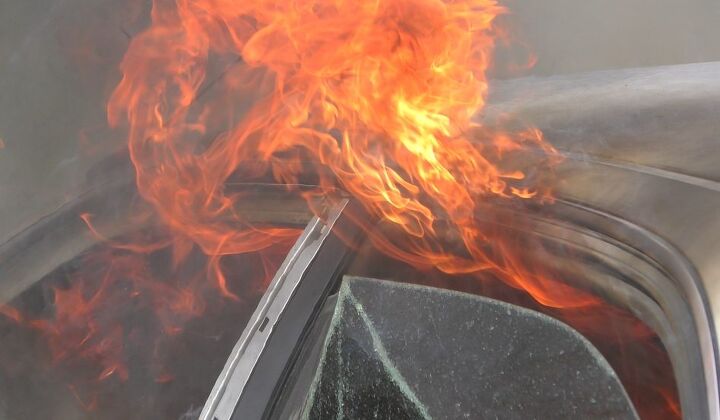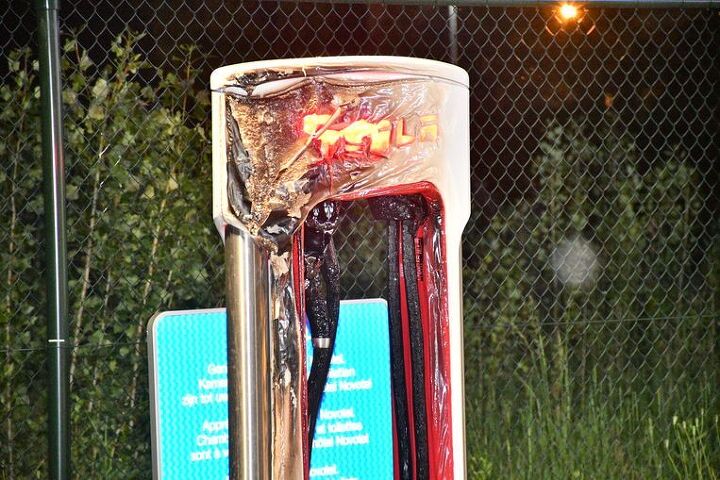#ElectricCharging
NTSB Claims Half of U.S. Fire Departments Can't Handle EV Fires
The National Transportation Safety Board (NTSB) has been outstanding when it some to destroying whatever illusions we’ve built up around ourselves in terms of automotive security. When the Department of Transportation was claiming advanced driving aids would eventually lead us to a future where car accidents were a thing of the past, the NTSB was there running crash investigations suggesting that those systems were not only error-prone but likely encouraging motorists to become more distracted behind the wheel.
Now its back to burst another bubble. According to data compiled from over a dozen reports, the NTSB believes fire departments are woefully unprepared to tackle hybrid and electric vehicles. The group estimated that roughly half of all American departments lacked any protocols for tackling such fires. Even among those who did, the criteria provided was often quite lax and might be insufficient for suppressing those famously troublesome lithium-ion battery fires.
New Tesla Fire Manifests in Belgium
A Tesla Model S suffered a total meltdown after being connected to one of the company’s proprietary Supercharger stations in Antwerp, Belgium. While details are scant, local reports state the driver simply went to charge his automobile and returned to a burning wreck a short time later.
Considering the fire department had to totally submerge the ruined vehicle in a pool of water to ensure the car didn’t reignite, the odds of uncovering exactly what went wrong appear slim. But it wasn’t all that long ago that Tesla was pushing over-the-air updates to mitigate a rash of fires that cropped up in the United States and Asia over the past few months. Surely, the manufacturer has some idea of what might have gone wrong.
Tesla Rolls Out a Pricing Plan for Its No-longer-free Supercharging Stations
After lulling everyone into a false sense of security, Tesla Motors recently announced that it will begin billing new customers for making use of its Supercharging stations. The promise of free charging was replaced with the promise that the company wouldn’t profit from the powering fee — instead, it would use the money to expand its growing network of stations.
While the pricing structure is about as rigid as boiled spaghetti, the EV manufacturer does appear to be respecting the nature of the new deal. Announced Thursday, all Tesla vehicles ordered after January 15th will receive around 1,000 miles worth of charging credits, updated annually, before becoming subject to the company’s new charging monetization.
Unfortunately, due to state regulations and regional demand for power, pricing will vary greatly depending on where you plug in.


















Recent Comments